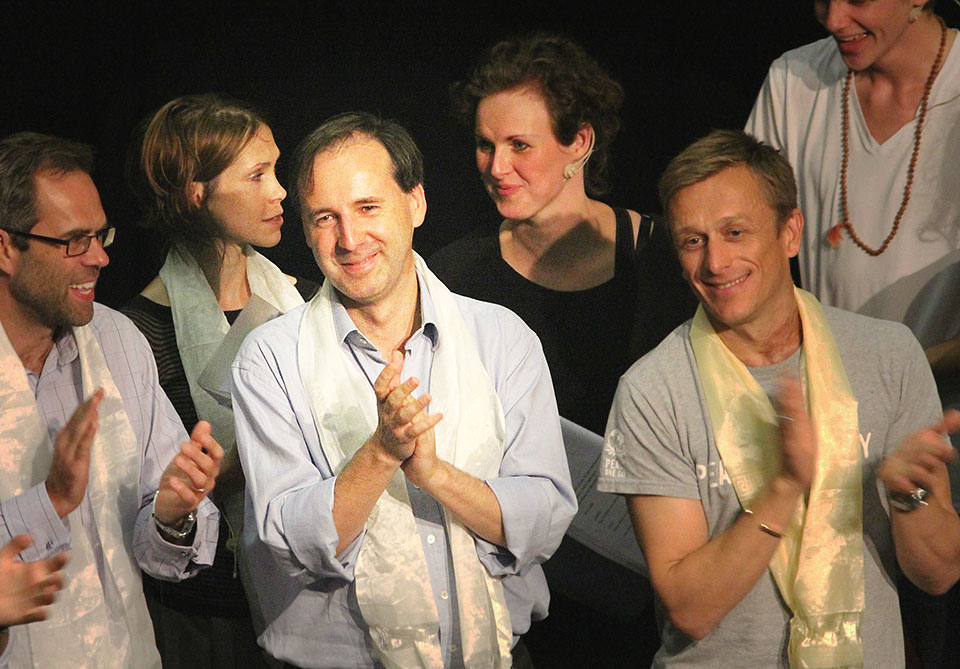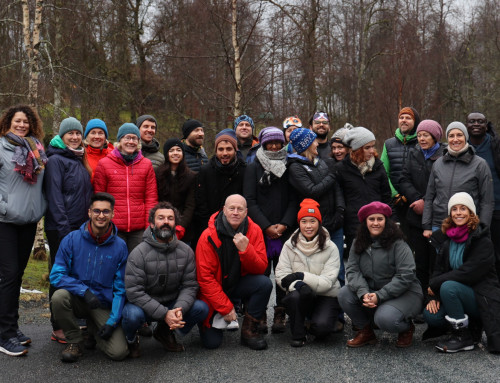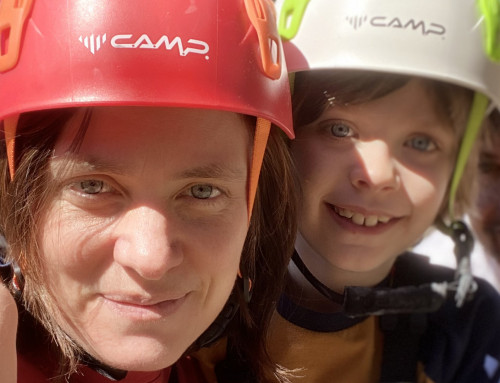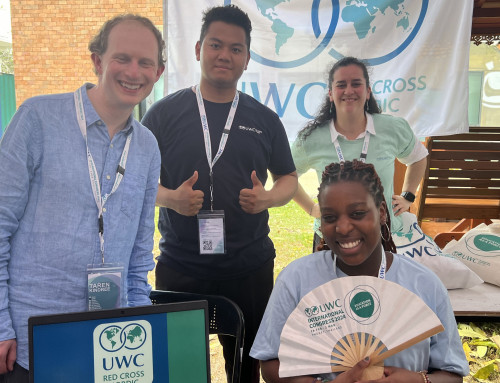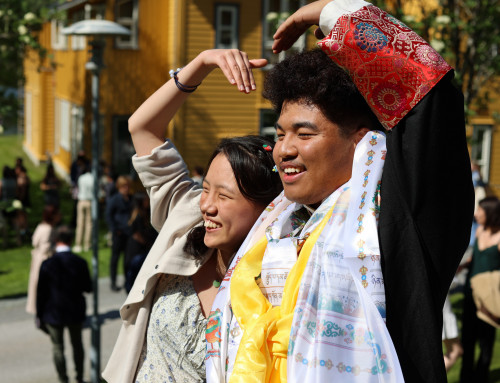On Monday, August 25th, the RCN community was fortunate to receive a presentation by Paul Bloomfield on ‘career prospects’ in which he shared his own experience in the humanitarian field. A lawyer by education but not by passion, Paul was lucky enough to realise at a certain point in his life that the profession he had chosen did not provide him with the satisfaction he thought fundamental to make something meaningful out of his work. According to the serenity and peacefulness that he emanated throughout the presentation I would say he did indeed find the satisfaction he was seeking. He is now a ‘sower of peace’, as I like to call people who, like him, dedicate their lives to raise awareness on the very pragmatic importance of peace in everybody’s life – managing, at the same time, not to flatten out the metaphysical and unfathomable beauty that lies in the concept of human peace.
The concept of sowing, of ‘disseminating peace’, permeated his whole talk, which was enriched by anectodal tips on how to manage a life which, as imaginable, is no bed of roses. His insightful presentation included the screening of a documentary about the college and its involvement in peace-building in the world. The video raised a number of very interesting philosophical questions regarding peace, among which I found two were standing out because of their fundamental role in any model of peace-building one may consider.
First of all, it raised the question of whether the presence of a ‘charismatic leader’ is essential in building world peace. It was extremely clear, even from our few glimpses into his personality, that Prem Rawat – around whose visit to the college the documentary revolved – is an extremely charismatic person who selflessly dedicated his entire life to the cause of peace. Max Weber tells us that ‘men
This leads to the second point raised in the documentary: the importance of individual will and responsibility to make the effort of so many charismatic leaders effective. ‘I do but throw a seed of peace’, Prem Rawat reminded us during the documentary. The complexity and the beauty of any peace-building process arise exactly from the need of everyone’s contribution, from the need of everyone’s help to water the seed so that a beautiful tree can grow from it. If not everyone actively engages in this process, as challenging as it is essential, words will remain only words. This is the point that Prem Rawat in the documentary, and Paul Bloomfield in the presentation, made very clear.
written by Marco Malusà (RCN 2013-15)

